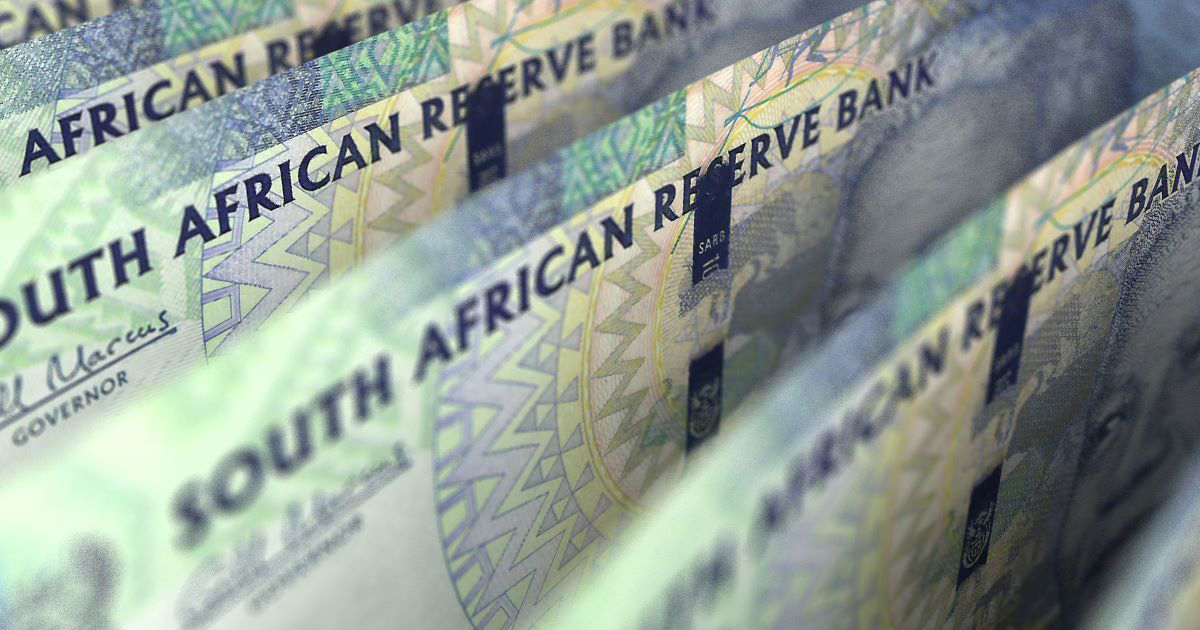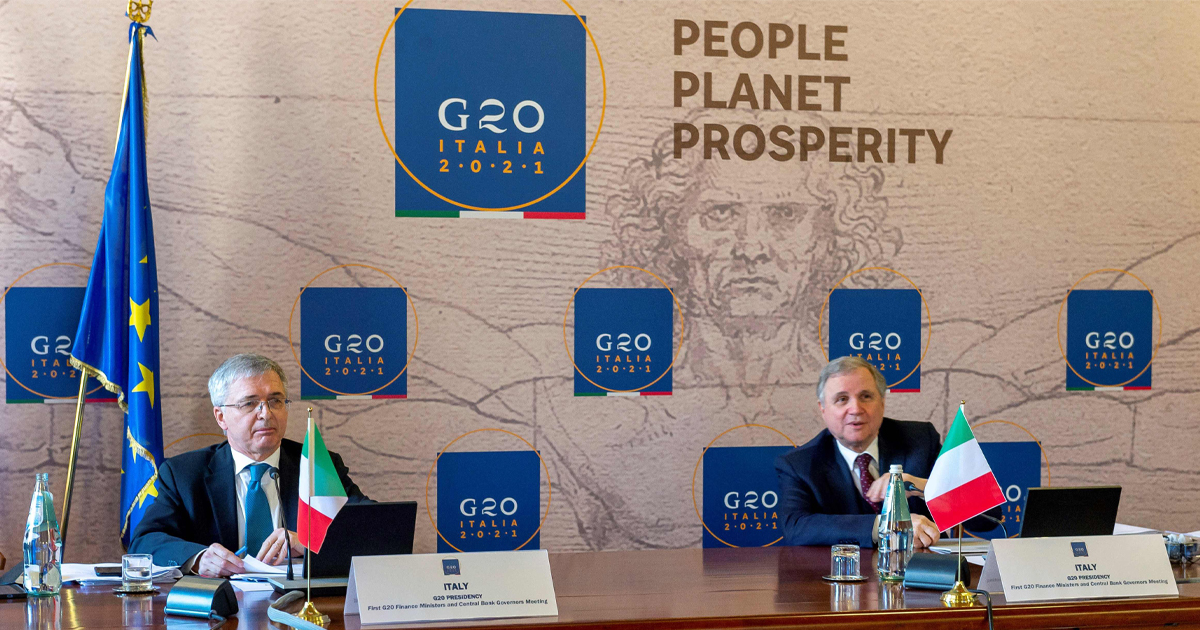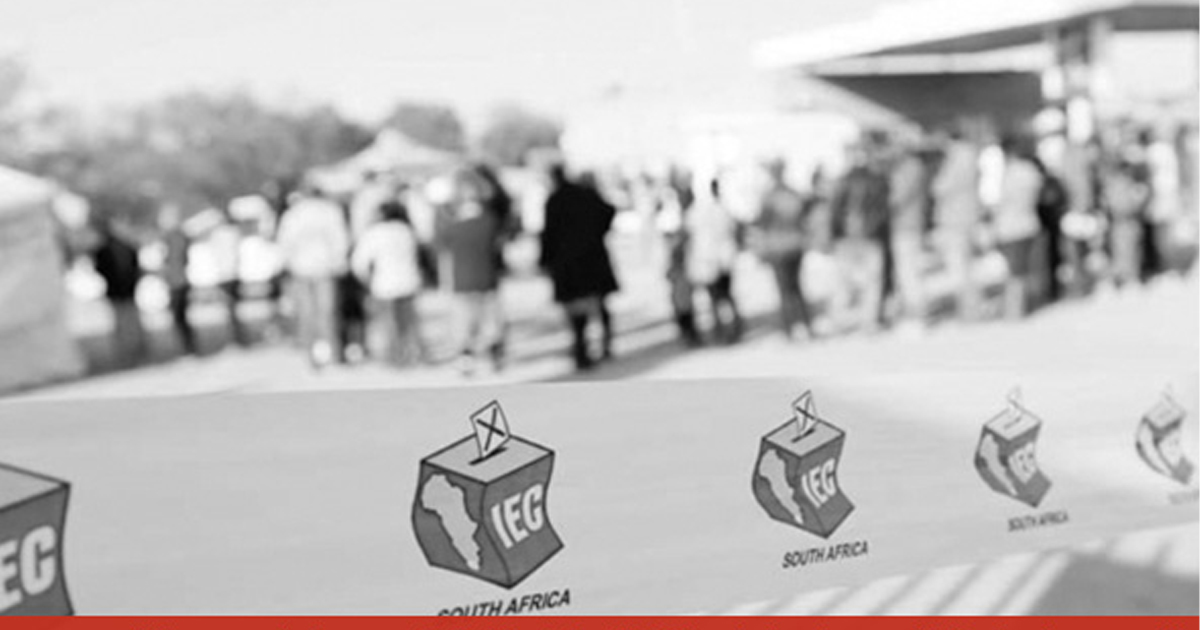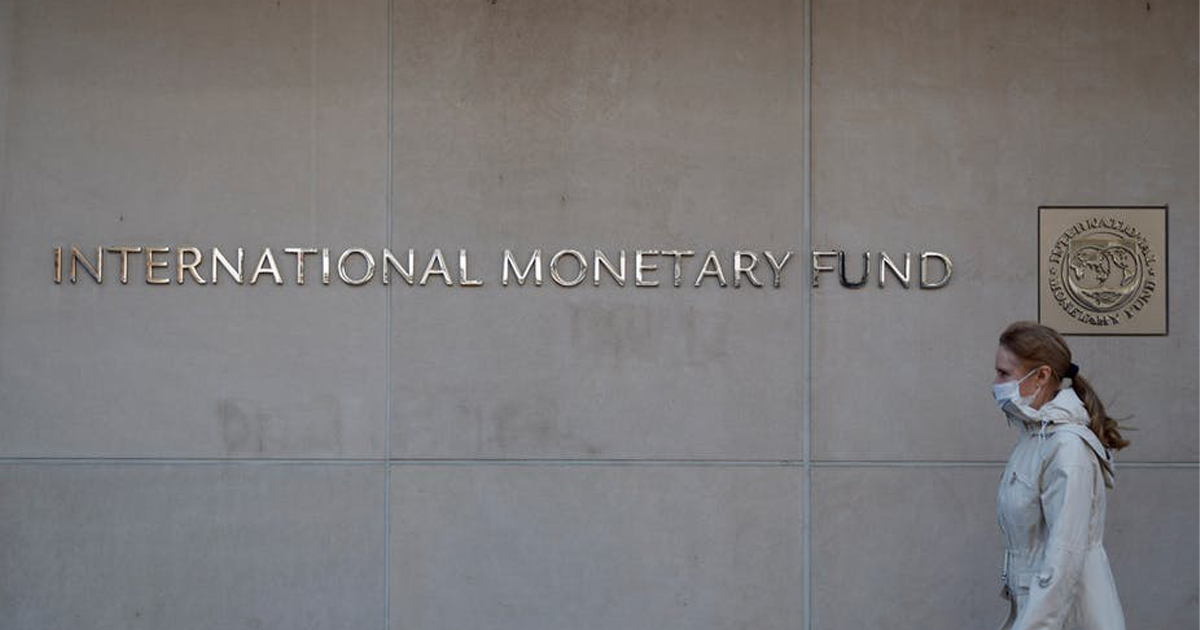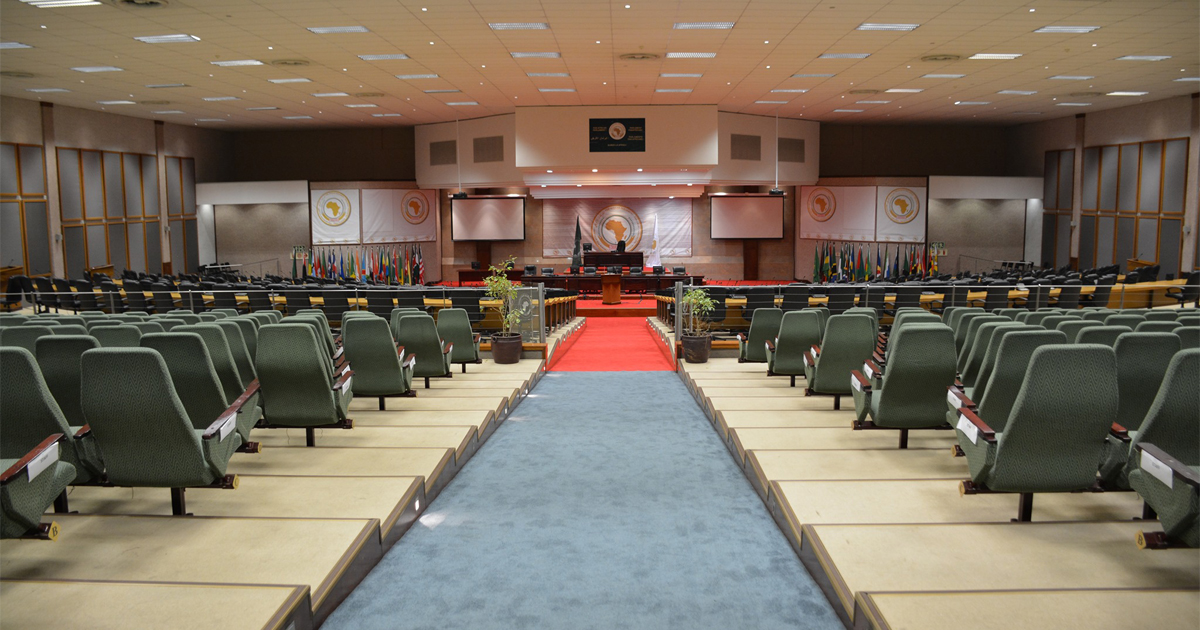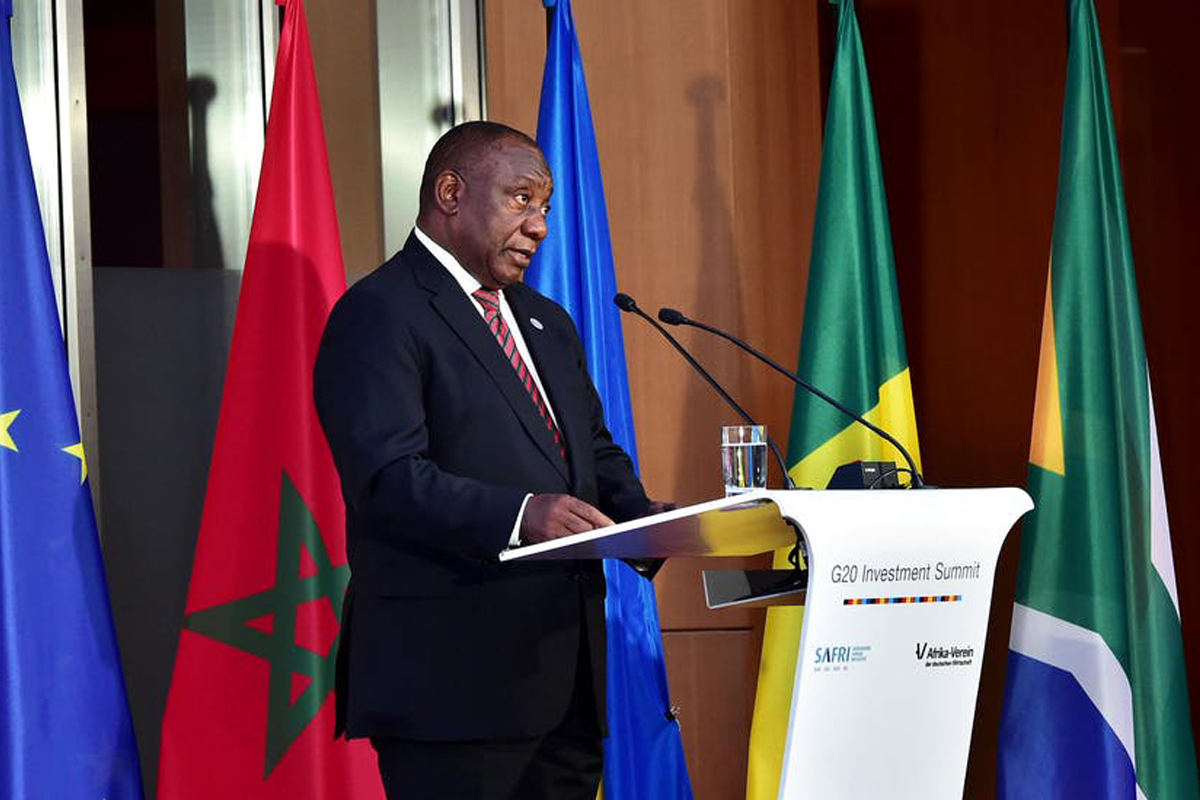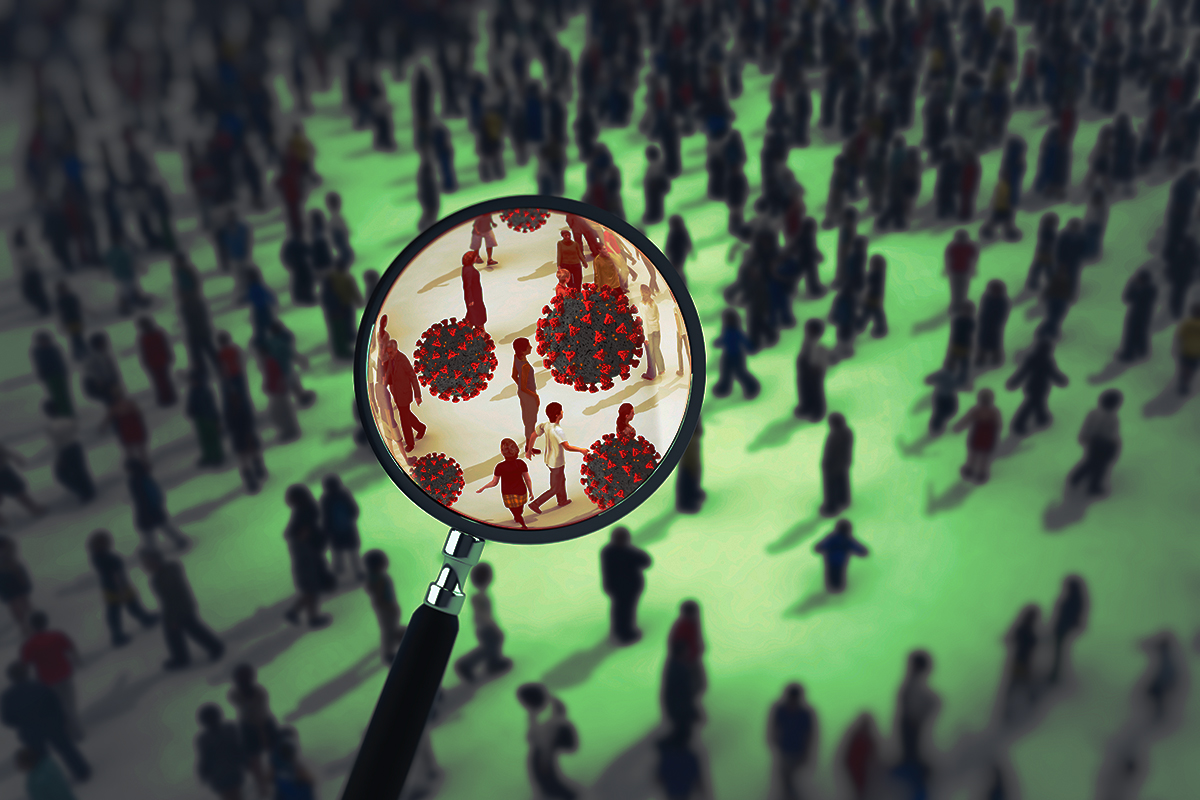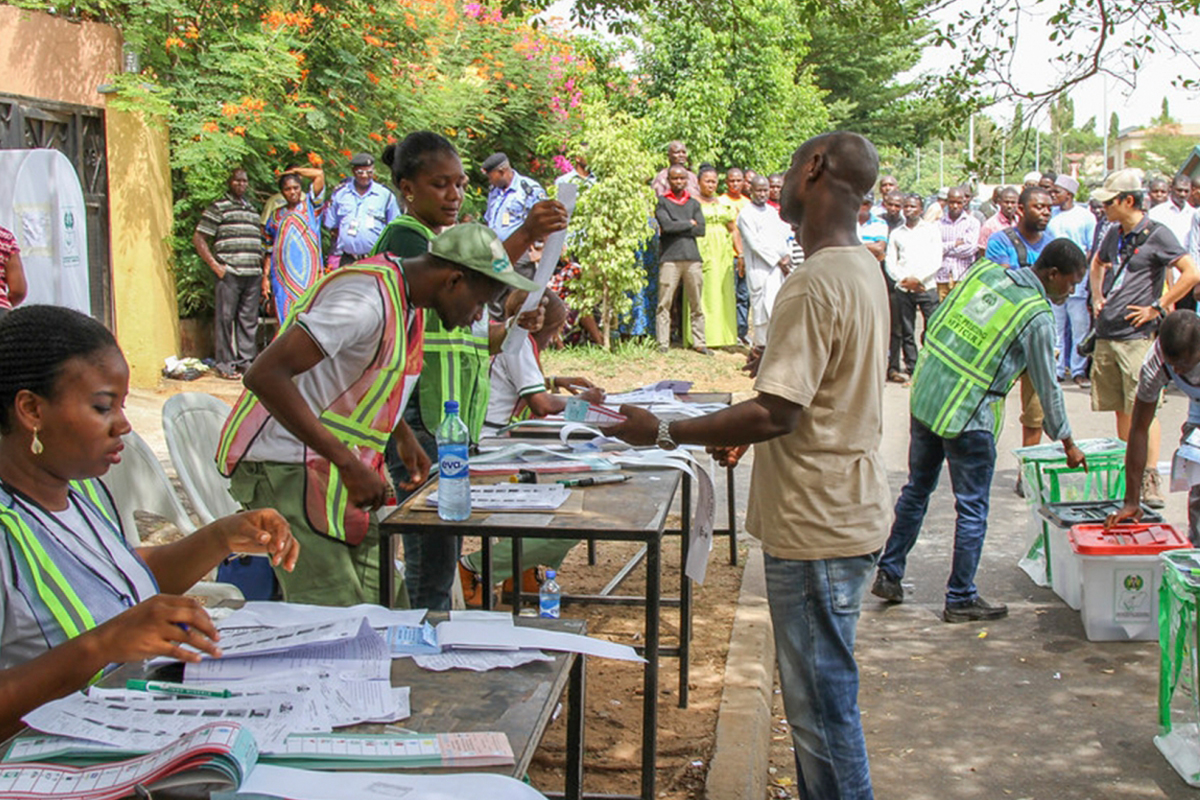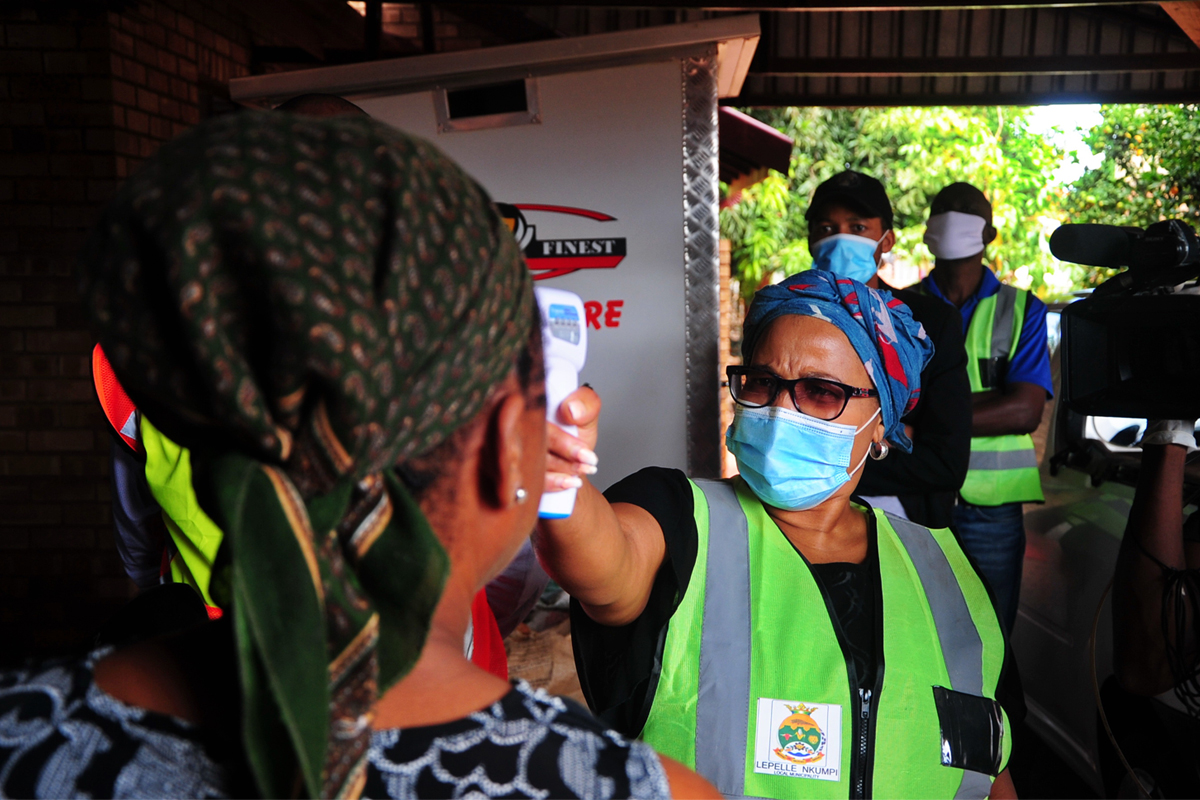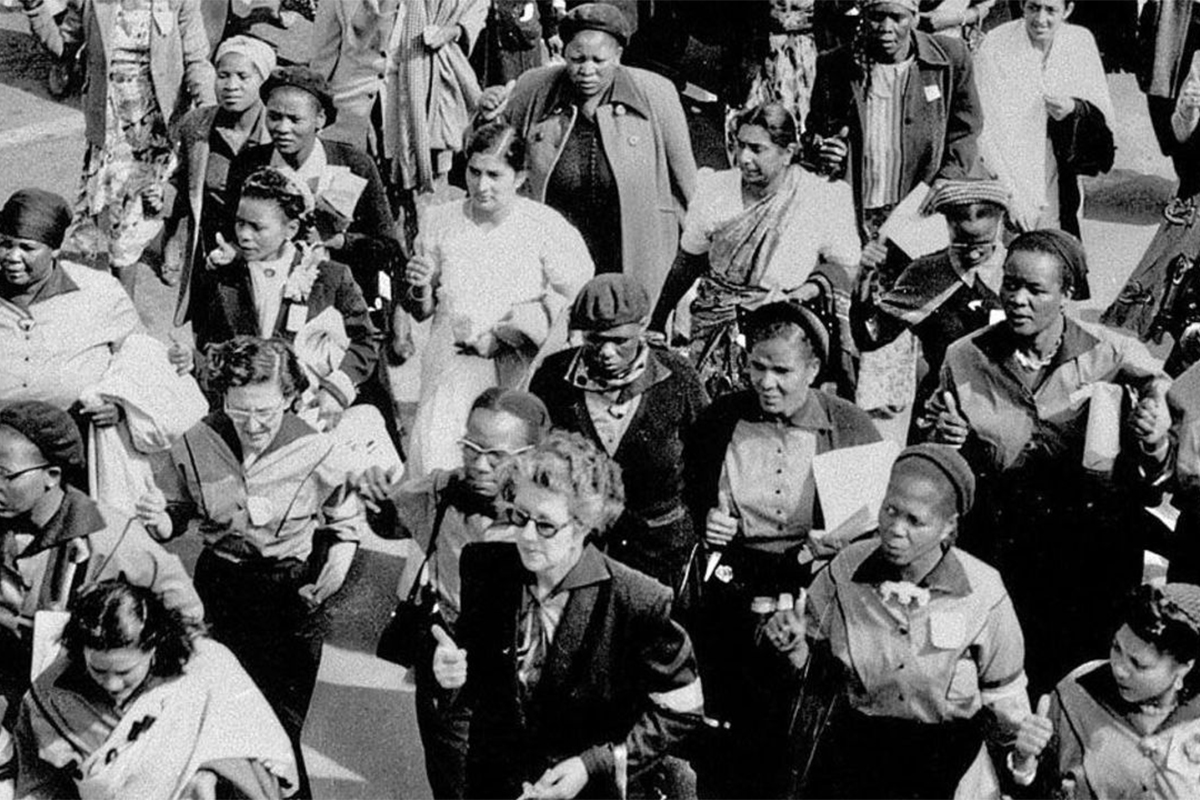- Details
Dear minister Enoch Godongwana
As you prepare for your first budget speech we urge you to provide the South African public with a full picture of how the government has used the resources it has received from international financial institutions (IFIs) and to announce the establishment of a South African IFI engagement group.
- Details
Climate change is a devilishly complex challenge that affects all aspects of our lives. It affects weather patterns, biodiversity, access to and sustainability of water and land resources, air pollution, inequality, employment, industrial production, distribution and consumption, and migration patterns.
- Details
South Africa’s local government elections, to elect the municipal tier of government, are constitutionally mandated through section 159 of the Constitution of South Africa to take place every five years. These elections were scheduled to take place towards the end of 2021 and have been the subject of great deliberation in the nation. Conducting elections during a pandemic has been the subject of much debate on the continent and worldwide, with certain countries choosing to continue with elections amid the pandemic and others choosing to postpone their elections amid concerns of the risks involved. Nations on the continent that have held elections during the pandemic include Zambia, Malawi, Ghana, Rwanda, Uganda and Côte d’Ivoire. Given the extent of the risks of holding elections during the pandemic and mixed calls on whether to postpone or continue with elections in the nation, the Independent Electoral Commission (IEC) of South Africa ordered an inquiry commission to determine the nation’s capacity to hold free, fair elections during the initially scheduled period in October.
- Details
(By Professor Daniel Bradlow)
The International Monetary Fund (IMF) will inject $650 billion in Special Drawing Rights into the global economy. It will allocate them among its member states, which can then decide for themselves how they want to use their Special Drawing Rights.
- Details
By: Bonolo Makgale and Tariro Sekeramayi
Introduction
Dr. John Henrik Clarke once remarked, “History is not everything, but it is a starting point. History is a clock that people use to tell their political and cultural time of day. It is a compass they use to find themselves on the map of human geography. It tells them where they are, but more importantly, what they must be.”
- Details
(By Professor Daniel Bradlow)
The COVID-19 crisis is one of many indicators that we live in dangerous and uncertain times. Others include the international community’s struggle to respond to technological and climate change, demographic shifts, growing poverty and inequality as well as increased global insecurity.
- Details
(Op-Ed by Solomon A. Dersso, Chairperson of the African Commission on Human and Peoples’ Rights)
For this year’s Africa Human Rights Day, the African Commission on Human and Peoples’ Rights commemorates this landmark event under the theme ‘Human and Peoples’ Rights and the COVID-19 Pandemic: Protecting Rights for Building Back Better’. This occasion serves to deliberate on why and how respect for and protection of human and peoples’ rights offers the recipe for a successful strategy for building back better.
- Details
(Op-Ed by Marystella A. Simiyu)
The inability of countries to ordinarily hold elections and undertake electioneering is one of the many disruptions brought by the COVID-19 pandemic.
- Details
By: Bonolo Makgale
The national lockdown in South Africa which was initiated due to the COVID-19 global health pandemic has revealed another hidden pandemic amongst us. The latest National Income Dynamic Study (NIDS) Coronavirus Rapid Mobile Survey (CRAM) has revealed that the national lockdown has contributed to the perpetual hunger for 2.2 million South Africans. The report revealed that with 3 million South Africans having lost their incomes and jobs, hunger has become a national crisis exposing food insecurity in the most vulnerable communities.
- Details
(Op-Ed by Dr Nkatha Murungi)
Women’s Day commemorates the march by about 20,000 women to the Union Buildings in Pretoria on 9 August 1956, to protest the introduction of regulations on movement, also known as pass laws by the government of South Africa at the time. The march to the Union Buildings was accompanied by similar protests in other towns and provinces, in a manner that portrayed a solid resolve and unity of purpose, for a cause that defied colour and racial differences that were the norm at the time. The march was the culmination of resistance initiatives by women in the face of state-backed oppression and brutality.

